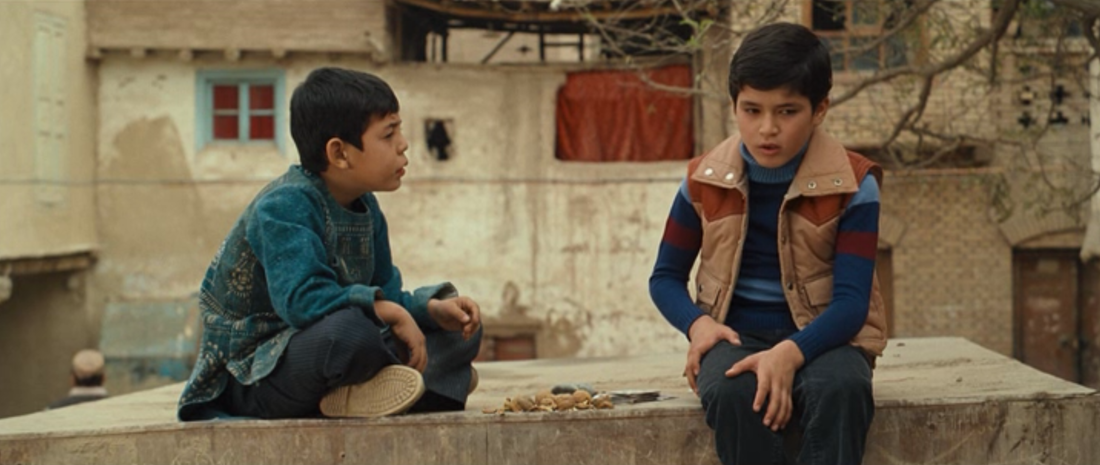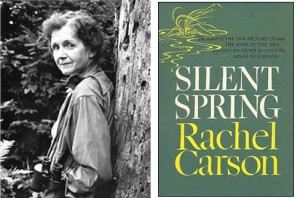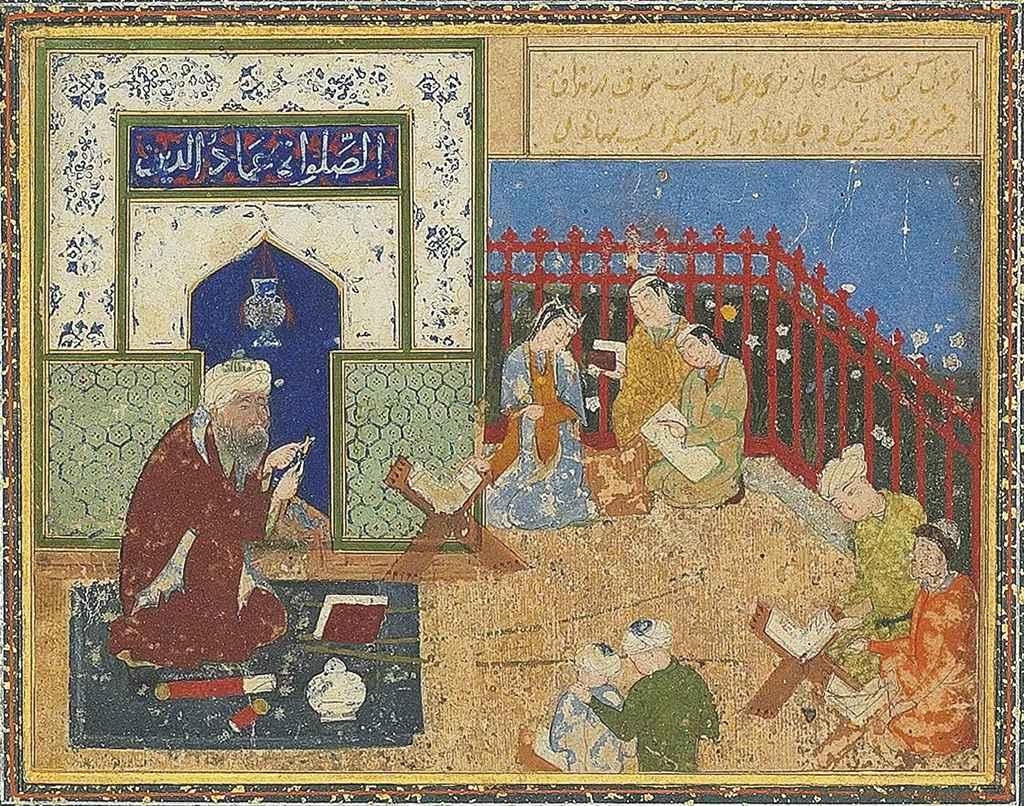If I wrote a poem (or any typically short piece of literature) and a scholarly essay (or any generally long work), which of the two are you more likely to pick up and read? If you are like me, the answer would be “neither,” but in a situation in which you are forced to choose, my best guess is that you would pick up the piece of literature that requires the least amount of effort. I mean, honestly, the only people who genuinely pick up excessively long pieces of literature are professors and older people who actually have the time to read them. Everyone else is either forced to read them or kidding themselves; they believe they have a true desire and passion for the art, but do not yet understand literature and simply want to come across as intellectual.
Sure, in order to get better and understand literature people must read more and harder material, however poems, plays, short novels/stories, and other seemingly simple forms of literature can be and are just as hard to understand as philosophical and scholarly writing.
A poem is (to many) a basic way to express themselves in their own creative way. A poem, however also entails more than that. A poem can utilize metaphors, rhyme, heightened language, slang, sounds, and improper grammar. Although a few of these things seem to go against a claim that poems can be difficult to interpret, these characteristics allow poems to convey the true feelings of the writer and make the piece of literature that much harder to understand. Poems are so valuable and enlightening because they are open to multiple interpretations. You may look at a poem, read it, and gather something completely different than what I gather from the poem. The most radical part about this is that the poem in question can be of any length and with whatever level of language it wants. If I were to say something that would appear to have one meaning like, “I looked at him, and I rolled on Friday.” One may think I am plainly talking about the act of physically rolling on that day. Another person may be very keen and know that Friday may very well be the name of a given object or animal (or person). Someone else can very well believe that I am crazy and said something random and irrelevant. From just one nine-word sentence three hypothetical people interpreted the same line in three different ways, and I, the author, never said or confirmed any of the three as being “correct”. All three interpretations are valid, but none refer to what I originally meant when I said that line. The truth is that I was referring to “rolling my eyes.”
Now, in this case I partially cheated because I took advantage of the fact I was speaking and “eye” is identical in sound as “I,” but had I not used that “loophole” there was still more than one way to interpret that line. Plus, I never added what many poems have as well: deeper meanings. These “inside joke” type of things add an extra layer of complexity that places another hurdle for the audience to jump over after they take what they read for face-value, that is the literal meaning.
In case you still do not believe that poems and other brief forms of literature are not the philosophy for the many, but instead are equally and sometimes harder pieces of literature, ponder this question, “would you rather have a final that is ten words or ten pages?” Intuitively, you might jump to have a final that is only ten words, but after contemplation, you would realize that ten words in not so easy and no longer more appealing than that ten-page paper. I’m willing to bet that even if I raised the number of pages to twenty, you would still prefer the twenty-page final. In fact, many of you would continue to take the pages option over the word option until the word option reached a page. The realization with this comes from the understanding that with length, comes a much easier and more accepted way to babble, or to be frank, bullshit. With proper care, or even without care, people can bullshit their way through a paragraph or even a page of that ten-page paper without being caught or penalized. But, with ten-words, every single word better count; it better mean something. Otherwise, it will be seen as garbage and you will be made a fool of.
This is the thing many fail to realize early on: Brevity does not equal effortlessness, nor means that it is self-explanatory. Many individuals and even classes spend hours if not days trying to comprehend a poem. The words on the paper (or nowadays screen) may be simple, but the purpose can be just as profound as the words are simple. Take for example a poem and a poet that many people know or have at least heard of, Emily Dickinson’s “I’m Nobody! Who are you?” The poem is eight lines, and yet several sources have pages full of analysis for the poem. this ranges from every word to the sentence to the poem itself. There are various levels to the complexity of this seemingly simple poem. In case you are unfamiliar with the poem or need a refresher here is a common version of Emily Dickinson’s “I’m Nobody! Who are you?”
I’m nobody! Who are you?
Are you nobody, too?
Then there’s a pair of us — don’t tell!
They’d banish us, you know.
How dreary to be somebody!
How public, like a frog
To tell your name the livelong day
To an admiring bog!
As you can see, all of these words are intelligible. Some publications have different punctuation, and some say ‘June’ instead of ‘day’ and ‘ones’ instead of ‘your.’ Nonetheless, all the words are easy to pronounce and the vocabulary is fairly basic. However, the poem is not as easily digestible. Similar to the example i provided early on, there is a basic interpretation which takes the words for what they tend to mean on a day-to-day basis. This interpretation believes that she is talking about herself, either in the mirror or not, but talking about herself being a nobody nonetheless. And that keen person might say she is stating her name (nobody) and is incredibly glad she ran into another person with such a unique name. additionally, that last person can claim the same as before, the words are nonsense and inconsequential, and Dickinson may just be crazy. Now, going off of the more rational beliefs, Dickinson may very well have drawn inspiration for this poem from inflection and her insecurities, but the meaning drawn from the poem after examination is that Dickinson is glorifying anonymity. The most significant thing about these ”understandings” is that there is no way of confirming that these “understandings” are even true understandings or whether they are misinterpretations.
I know that when I first read this poem, I did not know what to think. I was not sure if I had the right idea, if I was all over the place, if she was all over the place, or if it was never meant to be understood. All of these thoughts still entered my head, even though I had just gone through a month of analyzing other poets and other short forms of literature. I spent weeks learning techniques and conditioning my brain to think a certain way (sometimes this meant not thinking a all), and yet, even after all the practice and note-taking, the comprehensibility of the poem was still challenging for myself and my peers. The poem is only eight lines. It rhymes. It expresses emotion. But still, the meaning is ambiguous. Now, imagine if she had decided to write a novel or a philosophical piece about the benefits of not being known and the dullness of being famous. I’m almost positive that more people would understand what she is discussing and in a shorter period of time. After-all, Dickinson would have an enormous range that she could take advantage of. Whether the work was one page or one hundred pages the concept would still be easier to grasp than that hidden within the forty-three words of the poem.
If you still do not accept the fact that poems and other short forms of literature are not philosophy for the many, think about one of the -if not the-most essential qualities necessary for understanding literature: being literate. In order to even read, let alone judge and try to process literature, you need to be literate. If you cannot understand any words visually, then poetry cannot be accessible to you for the same reasons many feel philosophical and scholarly writing is not accessible: it’s too hard and unreadable. Well, after reading through something I am sure you did not intend on reading through to the end, it is impossible to question if poetry can be just as inaccessible to the many as philosophical and scholarly writing.
In conclusion, there is no way to refute the claim that individuals can still reach a higher level of understanding through poetry and other pieces of literature, even though they are short and simple. Honestly, there is no reason as to why you waste time denying a truth and spent time reading this redundant essay proving how inaccessible poetry can be and at the same time showing how accessible scholarly writing can be. I mean you just read this and I am sure you understand well enough to provide the gist of it to a friend without worry of being wrong. So, stop thinking about where you can try to find holes in my argument: there are other questions to think about.








